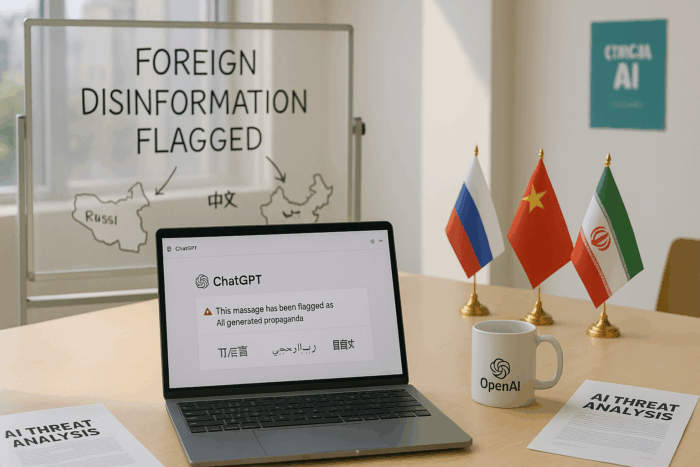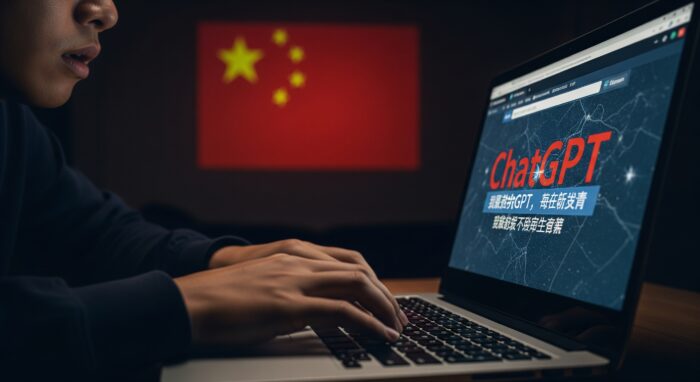We’ve received several questions about the use of artificial intelligence in connection with our recent ChatGPT-generated report on the Sumud Flotilla. It’s a fair question—and one that speaks to how we manage an enormous body of material with limited time and resources.
The Global Influence Operations Report (GIOR) relies heavily on artificial intelligence to process, summarize, and analyze a vast amount of open-source information. The scope of what we cover—spanning multiple countries, organizations, and languages—would be impossible to sustain by hand with the staffing and resources available to us. AI is used chiefly in the “context summaries” that accompany individual posts and in more extensive research reports labeled “ChatGPT.”
AI allows us to identify narratives, map cross-border connections, and synthesize developments at a pace no small human team could match. This efficiency comes with trade-offs. AI-generated summaries and reports can introduce not only awkward phrasing but also factual or interpretive errors. We review and fact-check all AI-generated material to the extent possible, but that review is necessarily cursory given the scale of our output. That said, we do believe the overwhelming preponderance of this material is both accurate and fairly portrayed.
The purpose of this approach isn’t to replace expertise—it’s to extend it. Using AI allows us to monitor a far wider field and provide timely insight where full manual reporting would be impossible. We accept that this sometimes means inaccuracies or stylistic imperfections, but it also means the work can be timely, relevant, and comprehensive (not that human generated work is free from error!). Due to these limitations, it is crucial that readers verify any specific piece of information from AI-generated material before relying on it. This principle is reflected in our standing disclaimer, which appears on every relevant post.
We remain transparent about our methods and continue refining them as the technology evolves. AI gives us reach; human oversight gives us purpose.
(NOTE: We are publishing this explanation as a post rather than an announcement because of its importance to our ongoing work and to readers’ understanding of how that work is produced.)











